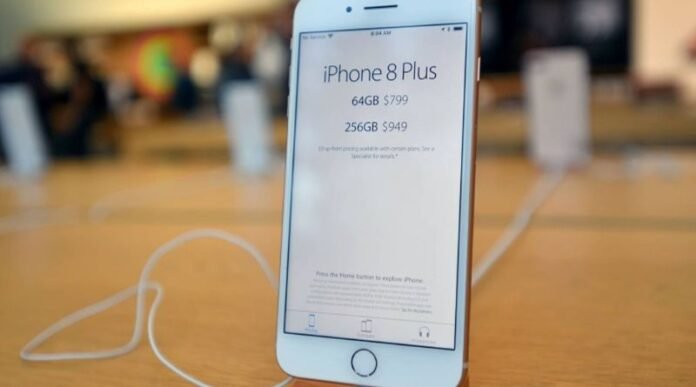If you’re unfamiliar with the term “jailbreaking,” it refers to the process of removing the limitations placed on your phone by its manufacturer. Jailbreaking allows you to install apps that haven’t been approved by Apple or Google, which means you can customize your device in ways that weren’t originally intended by its creators.
What is jailbreaking?
Jailbreaking is when you remove the limits on your phone. This can include getting more apps, changing the look of your phone and getting rid of unwanted apps. It also gives you more control over your phone’s settings and features.
For example, if you want to change the background image on an iPhone or iPad but don’t want to pay for an app that lets you do so (which costs money), then jailbreaking will let you do this for free!
Why do people jailbreak their phones?
Jailbreaking your phone is a way to unlock the full potential of your device. It allows you to install third-party apps, customize the look of your phone and even get rid of bloatware that comes preinstalled on some smartphones.
Here are some reasons why people is jailbreaking a phone legal:
When did jailbreaking become a thing?
Jailbreaking is a concept that dates back to 2007, when it was first introduced on an iPhone 3G. At the time, it was only possible to jailbreak one device at a time and required you to use a computer. Since then, there have been many different versions of jailbreaking–each with their own benefits and drawbacks.
However, this isn’t new information for most of us: we’ve known about it for years now! But what does this mean for those who are just getting into the game? Will they be able to learn how it works? Will they understand all of its intricacies? And most importantly: Is there anything wrong with not knowing how something works before trying it out yourself (i.e., without reading any guides)?
Is it legal to jailbreak your phone?
Jailbreaking your phone is legal in the United States, but not in other countries. In fact, it’s illegal to jailbreak an iPhone in Australia, China and India. Jailbreaking is also illegal in South Africa (and we’re not sure why).
In the US and UK, you can jailbreak your phone without any repercussions from Apple or law enforcement agencies like the FBI or CIA.
What are the risks?
There are some risks to jailbreaking your phone. If you don’t know what you’re doing, you could end up with a bricked phone that can’t be used anymore. You could also lose your warranty and get malware on your phone if the jailbreak isn’t done properly. Finally, it’s possible that you’ll accidentally delete important data from your device during the process of jailbreaking (or even after).
Related: APAP Login
Jailbreaking can be beneficial if you’re tech-savvy, but it’s not for everyone.
Jailbreaking your phone can be beneficial if you’re tech-savvy, but it’s not for everyone. If this is your first time jailbreaking, there are a few things to consider before diving in:
- Jailbreaking can be risky. If something goes wrong during the process or after and your phone isn’t working as expected, it may not be covered by Apple’s warranty. You’ll have to pay for any repairs yourself (and possibly replace the entire device).
- Jailbreaking isn’t legal in all countries–and even when it is legal, there may be restrictions on what types of apps you can install. In some places, jailbroken phones aren’t allowed on mobile networks at all; others require them to run only certain apps like Netflix or Spotify while blocking access to others entirely! This means that even if you do manage get past these hurdles with no problems (which we hope happens), there’s always a chance one could crop up later down the line when least expected.”
Conclusion
Jailbreaking your phone can be beneficial if you’re tech-savvy, but it’s not for everyone. If you want to learn more about jailbreaking and what it means for your device, check out our guide here!













